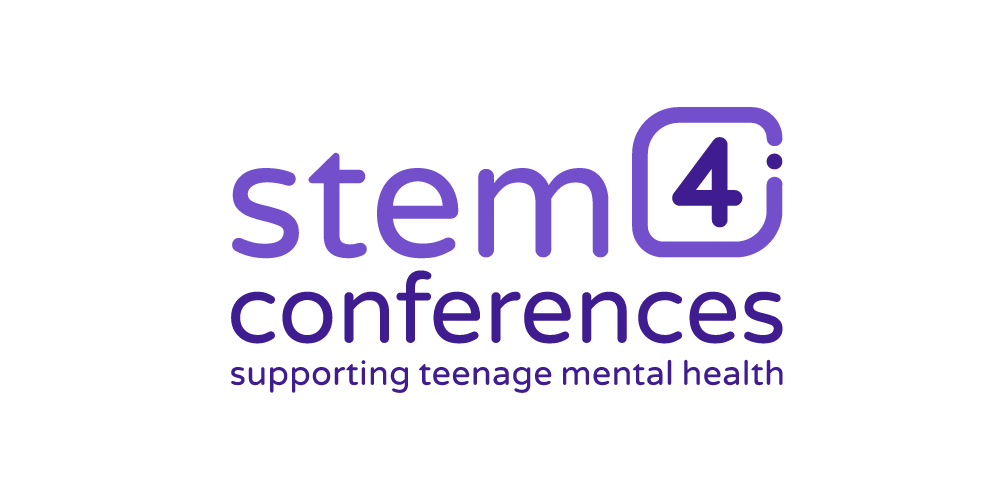

Friends Watch
Find the right time and place to talk to your friend; listen but don’t criticise.
Don’t directly mention the details of what you are concerned about but do say that you are concerned. Don’t offer confidentiality, you may need to tell a trusted adult that you are concerned about your friend. Don’t be surprised if they are not willing to talk or listen. It may take time and gentle repetition.
You could say, ‘I am a little worried; I’ve noticed that you don’t seem yourself; is there anything you would like to share with me?’ Or if you ask if they are ok and they say ‘Yes, I’m fine’ then ask again: ‘Are you really ok?’ Often when people are given the opportunity to move past the first greeting, when it’s hard to start with being ‘heavy’, they are more comfortable with starting a proper conversation.

Offer to support them by finding useful information. Offer to accompany them to see a trusted adult that may be able to help. 
You could say, ‘Would you like me to come with you to see [a teacher you know they can talk to]? Have you seen these useful helplines on the stem4 webpage?’
Tell your friend that you are worried about them and encourage them to tell a responsible adult who can help access further support. You might need to suggest who that person could be, such as their parent/carer, a teacher, a school counsellor or peer counsellor, or school nurse. 
You could say, ‘Is there an adult you would like to talk to? Could you talk to your mum/dad/sibling/peer counsellor/teacher?’
Don’t feel guilty and avoid being over-responsible. Supporting a friend is difficult and it affects our own emotional well-being. Only help where you can, it’s not your responsibility to ‘treat’ your friend, but it is your responsibility to be supportive. Make sure you take breaks when helping others, so that you can have some time to focus on yourself and relax. Take steps to talk to someone too if you feel it is getting you down. 


